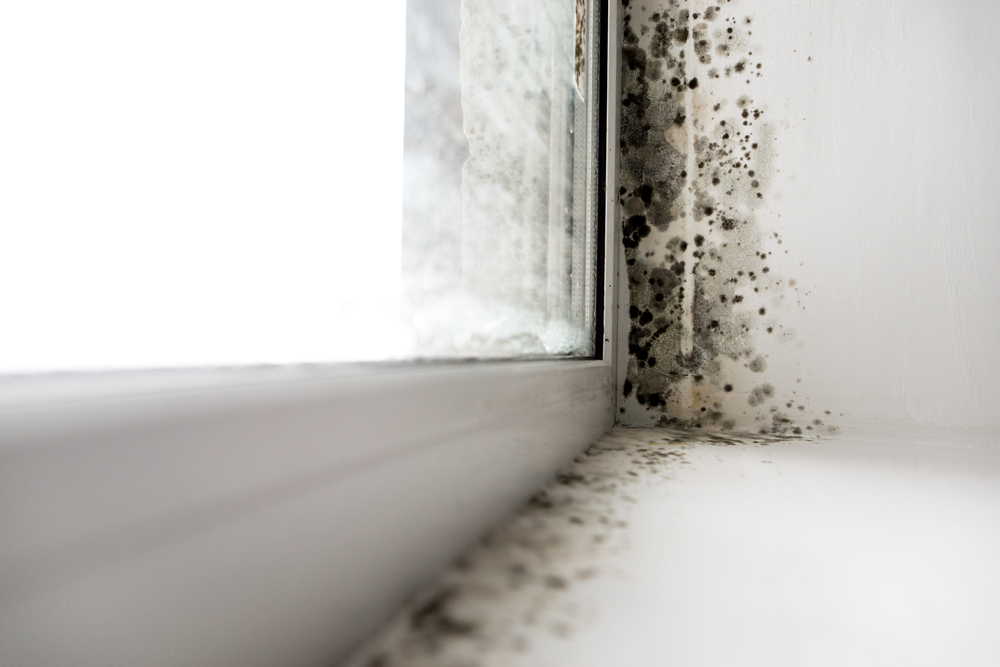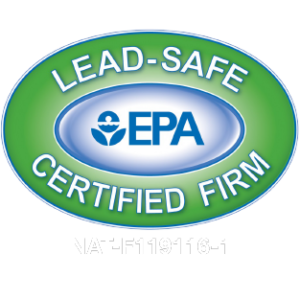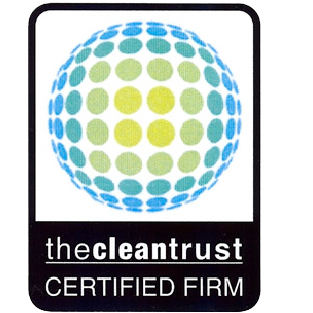
Prevent Frozen Pipes This Winter
Frozen pipes can wreak havoc on your home or business. When water freezes, it expands and can cause your plastic and metal pipes to burst. You might not notice a problem until the weather gets warmer and the ice melts again — and by then, it’s too late to avoid significant water damage.
Thankfully, you can take steps to avoid frozen pipes in your home or business this cold season.
What pipes are most at risk?
- Pipes that run against exterior walls with little to no insulation.
- Pipes in uninsulated indoor spaces like attics, garages, or basements.
- Pipes are that exposed to extreme cold, like swimming pool or water sprinkler supply lines.
How can you prevent frozen pipes?
- Keep exterior doors to uninsulated parts of your home, like attics, garages, or basements, firmly closed.
- Run a bit of cold water through at-risk pipes. Even just a faucet trickle here and there can make a big difference.
- Keep your home’s thermostat set to the same temperature all day and night. Your pipes will stay warm when the rest of your house is, too.
- If you are going out of town, make sure your home’s temperature is set to at least 55 degrees Fahrenheit, at a minimum, while you are away. Saving a little extra on your heating bill isn’t worth the headache of a frozen pipe situation.
- Open cabinet doors to let warm air from the other rooms in your home circulate around your bathroom and kitchen sink plumbing.
- Seal up any cracks or holes you notice anywhere in your home. Even small drafts can cause problems if they’re near your plumbing.
- Consider adding insulation to basements, attics, and crawl spaces. In the long term, this will give your pipes in those areas the best chance of staying warm.
What to do if you have a frozen pipe
- If you suspect a pipe is frozen but hasn’t yet burst, you can attempt to thaw it yourself:
- Keep the faucet running as you identify what section of the pipe is frozen.
- Apply heat with an electric heating pad, hair dryer, or space heater. (Be VERY careful of devices near water, though.)
- As the pipe thaws, full water pressure should be restored. Continue applying heat until this point is reached.
- Follow the above steps to prevent frozen pipes to keep it from happening again.
- Contact a professional to get it checked out. Even if nothing appears wrong, better to stay safe than sorry.
- If you cannot locate the frozen area or it isn’t accessible, call a professional as soon as possible. A simply frozen pipe can be taken care of much more easily than a burst one.
- If your pipe has burst, shut off any running faucets and call a professional immediately. The earlier you catch a pipe leak, the easier it is to stop the damage!
Revive Restoration is here to help. If you’re nervous about frozen pipes or other winter weather-related damage, please contact us or call 608-222-9222.
Frozen pipe damage is typically covered by insurance, and most insurance policies have a clause to mitigate damage as soon as possible — so don’t hesitate to get in touch with us!
Sources:
American Red Cross
Consumer Reports
Travelers
The Balance Small Business

Newsletter Coming Soon!
Receive regular updates on tips and tricks to keep your house or office building in tip-top shape.





















